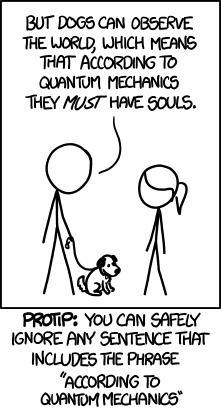The Baconian method is the investigative method developed by Sir Francis Bacon . The method was put forward in Bacon's book Novum Organum (1620), or 'New Method', and was supposed to replace the methods put forward in Aristotle 's Organon . This method was influential upon the development of scientific method in modern science ; but also more generally in the early modern rejection of medieval Aristotelianism . Bacon's method is an example of the application of inductive reasoning . By reasoning using "induction", Bacon meant the ability to generalize a finding stepwise, based on accumulating data. He advised proceeding by this method, or in other words, by building a case from the ground up. He wrote in the Novum Organum that: "Our only hope, then is in genuine Induction... There is the same degree of licentiousness and error in forming Axioms, as in abstracting Notions: and that in the first principles, which depend in common induction. Stil...

Comments
Post a Comment